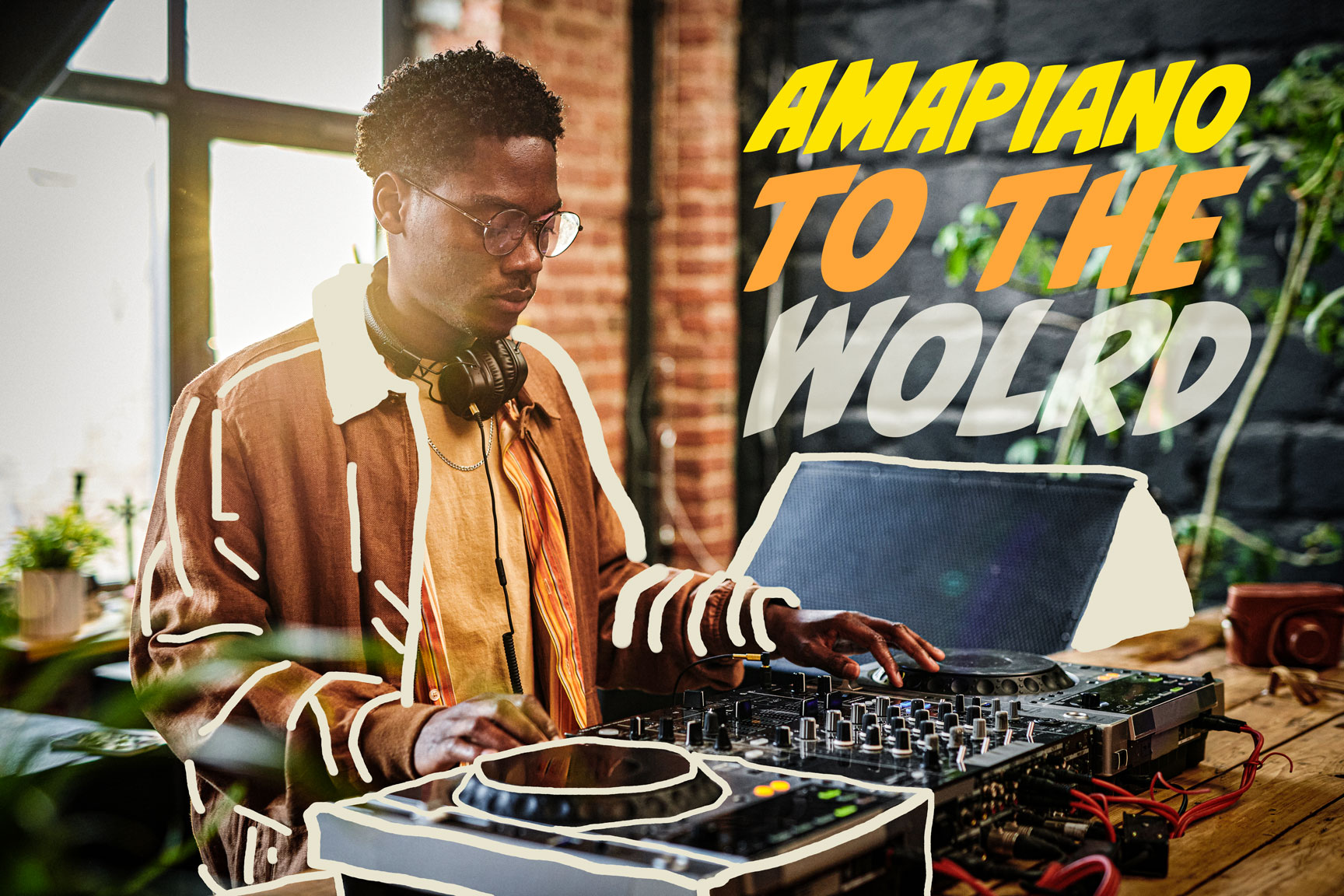The Rise of Amapiano Diplomacy

Amapiano: Born in the Dust, Heard Across the World
Its rise is not accidental, it reflects the power of:
- Creative youth networks
- Digital platforms like YouTube, TikTok, and Audiomack
- A sound deeply rooted in South African identity
From Beats to Bridges: The Diplomatic Role of Sound
It’s:
- Introducing South African language, style, and rhythm to the world,
- Creating collaborative projects across Nigeria, Ghana, Kenya, and the UK,
- Acting as a soft power tool that invites connection where official foreign policy often hits walls.
When Amapiano artists perform abroad, they carry more than music, they carry narratives of joy, resilience, and Black excellence.
What the Genre Teaches Us About Development
- Culture is capital and must be protected, nurtured, and funded.
- Grassroots creativity is a national asset, not an afterthought.
- Informal economies drive global influence, many artists begin with no label, no state funding, no formal space.
The Business of Vibes: Youth, Livelihoods, and Ownership
- DJs, producers, and vocalists
- Dancers and content creators
But challenges remain:
- Streaming royalties are inconsistent for emerging artists,
- Global collaborations often benefit international labels more than local creators,
- Intellectual property laws lag behind digital realities.
V20MM’s Perspective: Culture Is a Strategic Asset
- Artists are seen as entrepreneurs and diplomats
- Government funding supports grassroots platforms
- Copyright laws protect local creators in global markets
- Young people see creative careers as legitimate and scalable
Amapiano has become the soundtrack of South Africa’s soft power. Let’s not waste the opportunity to institutionalise its lessons and invest in its legacy.
The Beat Goes Global, but It Starts at Home
Now it moves global audiences. That’s the true potential of people-powered diplomacy.
